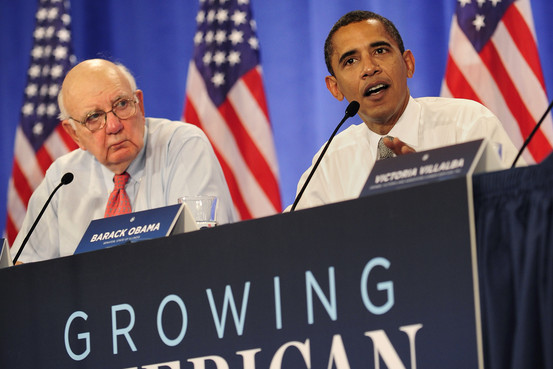Freedom From the Grasp of Foreign Oil?
Over the course of any history class, it becomes quite apparent that any event, act, or regulation has a very direct cause . One issue that seems to constantly be making headlines and undoubtedly has a very clear and direct effect on each of us is the perpetually rising oil prices. At it’s core, the principals that govern the fluctuation of oil prices are the most basic fundamentals of business – supply and demand. However, as our dependency on foreign oil rises, it becomes easier for oil producing countries to step beyond these fundamentals and take a more active role in setting their own prices and indirectly having their say in the direction of our economy.

Any disaster as severe as the Exxon Valdez oil spill in 1989 or the explosion of the Deepwater Horizon near the Gulf Coast this past summer is sure to stir up quite a scare when it comes to the dangers involved in the exploration and drilling of hard to reach oil fields, so it should come as no surprise that the government would subsequently put further exploration under a close watch. But the more you read into the benefits of increasing domestic oil production and therefore lessening our dependency on that of foreign countries the extent to which higher domestic output only becomes more and more apparent and it becomes irrefutably evident that it would be a major step in our ongoing quest toward economic recovery.
Over the past few weeks there have been many steps taken by the Federal Government to trying to ease the effects of these steadily rising prices on the pockets of the American people; and in fact, just yesterday “In his weekly radio and Internet address,” President Obama said that, “the administration would begin to hold annual auctions for oil and gas leases in the Alaska National Petroleum Reserve, a 23-million-acre tract on the North Slope of Alaska.” (John Broder, New York Times). It’s very clear that the president has real understanding of what’s actually going on in our country and is making an effort to show the people that he’s doing what he can to help us; and although I do not agree wit hall of his policies, I feel that I must commend him for his ability to speak to, and connect with, the average American citizen on very personal level.
This latest step in Washington’s stance on drilling within our nation’s border is sure to have a very direct and hopefully positive effect on each of us individually as well as on our economy as whole, and I encourage you all to take a few minutes to read the article that I’ve linked below – or at the very least watch the videos.
-C. Salama
Video: Obama on New Drilling Leases
\”Shrinking Oil Supplies Put Alaskan Pipeline at Risk\” – The Wall Street Journal
\”Shrinking Oil Supplies…\” Video
\”Obama Shifts to Speed Oil and Gas Drilling in U.S.\” – New York Times





